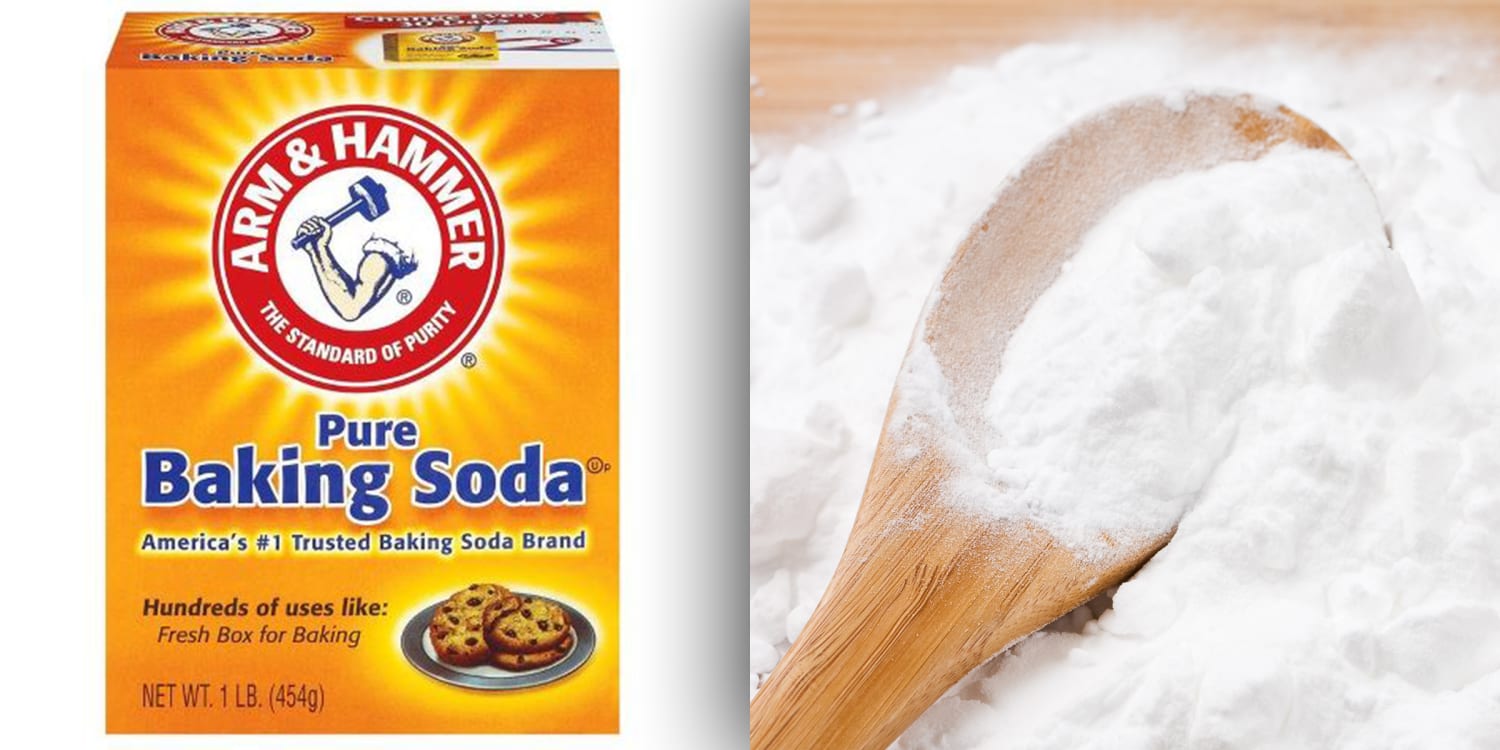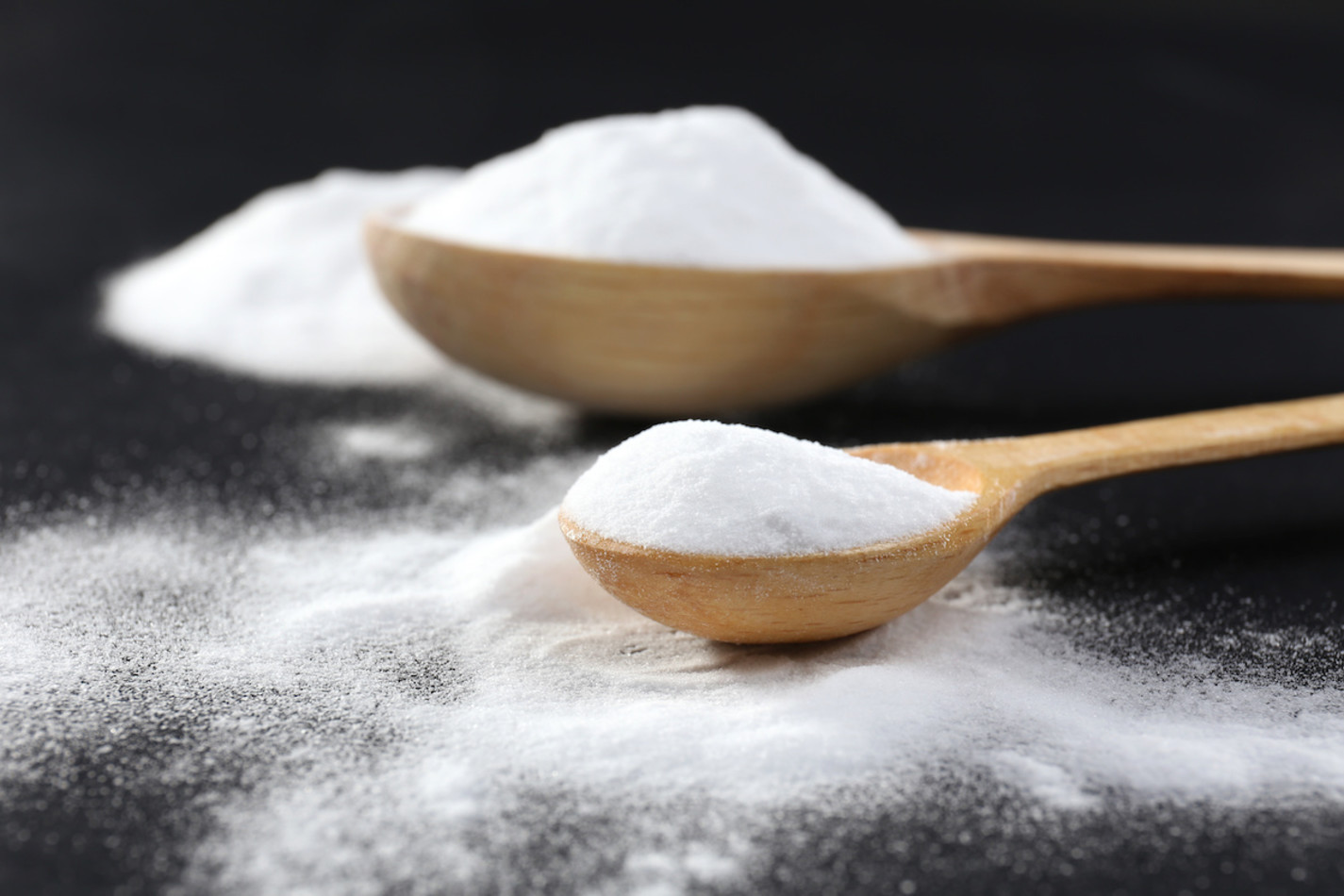Baking Soda vs Baking Powder
Every day I get at least one query about ‘whether I can interchange baking soda and baking powder’ Or ‘can I skip the baking soda/baking powder since I’m out’. I’m here to answer this every lasting debate between the baking soda vs. baking powder. Both baking soda and baking powder play a very crucial role in baking. I know both of these ingredients look really similar in appearance and I have known that some people think with the similarities in the names they can substitute one with another, but that’s a strict no-no! Adding in a little less or more of these ingredients can change the dynamic of your recipes majorly.
Both baking soda and baking powder are chemical leavening agents. They both work in the same way of producing carbon dioxide and helping the dough rise, hence making our baked good fluffy and texturally sound. However, they are both different in chemical composition. Fun fact: Most Baking powders contain baking soda! There is so much more to learn about them, so the best way to understand whether you skip these ingredients all together or interchange them is by getting a deeper knowledge of what these ingredients do in our recipes. So let’s begin!

WHAT IS BAKING SODA?

Baking soda also known as bicarbonate of soda is a chemical compound. Baking soda is alkaline/BASE in nature. You can activate baking soda by adding in ACIDIC elements, like lemon juice, vinegar, or buttermilk. So what happens when baking soda comes in contact with acidic ingredients, carbon dioxide is released and air bubbles form. This process allows baked goods to rise and give them their fluffy and airy structure. Similarly, my Eggless Peanut Butter Cookies with Chocochips recipe has chocolate which is acidic in nature and baking soda for that acid to activate.
WHAT IS BAKING POWDER?
Baking powder is a complete leavening agent on its own. It has bicarbonate(BASE) and a weak ACID. This means a presence of alkaline and acid together, to buffer this premature reaction cornstarch is added to the baking powder. There are also two kinds of baking powder, single action, and double action. Double action baking powder is what is commonly available to this. This type of baking powder reacts twice, one at room temperature and once when it is heated. So the first reaction happens when the batter is combined, the alkaline and acid in the baking powder are mixed with the wet ingredients. The second reaction happens when the batter is baked in the oven. Like here in my Strawberry Cream Cake I have only used baking powder.
WHERE TO USE BAKING SODA AND BAKING POWDER?
Baking soda is used in recipes that have acidic ingredients going into the recipe, say like lemon juice, buttermilk, chocolate. Yes!, chocolate is acidic in nature. So next time when you are baking with ingredients that are acidic in nature makes sure to spot the baking soda in the recipe. Baking powder on the other hand is used in recipes that milder ingredients like milk. Or in recipes that need a quick rise without the yeasty taste, like a quick bread, muffins, cookies, and cakes.
WHY DO SOME RECIPES CALL FOR BOTH?
Now that we understand what baking soda and baking powder are, and where we can use them. It’s time to understand why some recipes call for both of these ingredients. Some recipes that do have acid and use baking soda in order for the reaction to happen, do not get enough leaven from just baking soda. Baking powder is added in such recipes that need that extra push of leaven and rise that baking powder can provide. If all of this was as simple as the amount of acid in the recipe and about balancing it out, then why the fuss? Let me explain, the amount of acid varies in each recipe and sometimes we do not want to balance all the acid with the baking soda. For example, some recipes that use lemon juice, you sometimes want that tartness come through. So balance it out, we add both baking soda and baking powder in those recipes. After all, life and baking both are about maintaining a healthy balance.
Here is a recipe for you guys to see where I have used both baking powder and baking soda: Eggless Coffee and Walnut Cake. Also, I can not stand the number of times I have baking powder and baking soda here in this article. Haha!
HOW TO STORE BAKING SODA VS. BAKING POWDER?
Storing baking soda and baking powder in an airtight container, in a dry dark place is ideal. Baking has an infinite shelf life, the effectiveness of it might decrease. An opened baking soda should last for 6 months. To test if your baking soda is still good is by adding a ¼ tsp of it to 3 tbsp vinegar and see if it bubbles. If they do, it works! Baking powder on the other hand loses strength over time. As it contains both an acid and a base, it can react when it comes in contact with moisture. So an airtight container, in a dry dark place is also ideal for baking powder. Replace/use up the baking powder with 3 to 6 months of opening. To test the freshness, add 1/2 tsp of baking powder to a tbsp hot water and see if the mixture bubbles. If it does, it works!
CAN YOU INTERCHANGE THE TWO?
This question that prevails everywhere on the internet. YES! You can interchange baking soda and baking powder in a recipe where one of the others is required. Most recipes use a higher amount of baking powder to baking soda. So, almost like ¼ tsp baking soda and 1 tsp baking powder to a cup of flour. But let me lay some ground rules-
- USING BAKING SODA INSTEAD
Baking soda is very strong, so if you are replacing the baking powder with baking soda. You will end up using a lot of baking powder, which will result in your recipe feeling bitter and very soapy. You will also need to make sure there is an acidic agent present for your baking soda to activate.
- USING BAKING POWDER INSTEAD-
If you are replacing baking soda with baking powder, you will reduce the quantity of baking powder to very less, almost 4 times less. Using that little amount of baking powder will not give the recipe the required rise and texture.
All in all, I would say stick to what the recipe calls unless there is no way around for you to bake it. Because all of this interchange sounds like a major science experiment you all didn’t ask for. Haha!






